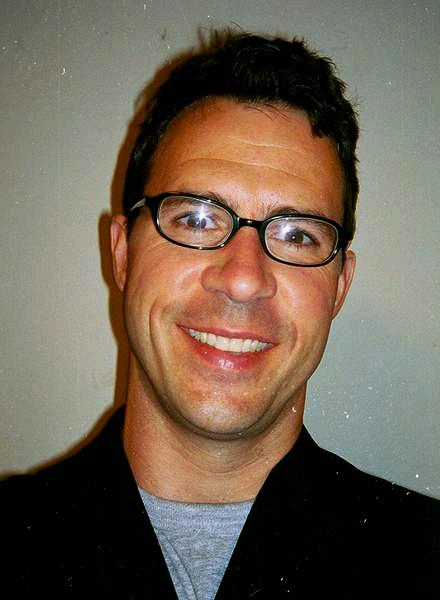
2 minute read
U.S. Sets Up $300 Million Database for Alzheimer's Research
Anew national Alzheimer's disease and dementia database could be a game changer for research on the memory-robbing condition that now affects more than 6 million Americans.
Planning has begun at the National Institute on Aging (NIA) to fund the data platform. A $300 million grant for the six-year project has been posted online.
Advertisement
The database “aims to transform” the Alzheimer's disease research enterprise “by serving as a central hub of research access,” the NIA said recently.
The project's earliest start date is April 2024. The NIA will commit $50 million per year to fund one award, CNN reported.
In creating the database, the goal is to provide something that can “improve applicability and generalizability of findings.” It could be used as a tool for researchers, making it possible to more rapidly answer scientific questions, the NIA said in a posting.
“The newly announced NIA funding for a large-scale Alzheimer's disease research database is truly exciting and a very important step forward for our field, and the Alzheimer's Association will apply for that grant,” Maria Carrillo, Alzheimer's Association chief science officer, said.
“The [Alzheimer's] Association is already leading ALZ-NET, which is a national network of physicians that is collecting data — including measures of cognition, function and safety — for patients treated with new of Rochester in 1997. But that wasn’t enough for Berkhof. She continued working as a nurse and learning, eventually earning a bachelor’s degree. She became a nurse practitioner in 2003. In December 2022, she completed her doctorate in nursing practice.
A lot has changed over the past quarter century, including the “wider scope of work that we do in nursing,” Berkhof said.
“We have nurses who are trained as leaders of departments, chief nursing officers. The other thing that has changed is technology. We use so much tech in delivering patient care. It has really helped us take the best care of our patients.”
Who is in nursing has also changed. According to U.S. Bureau of Labor Statistics, men represent nearly 12% of all licensed practical nurses, registered nurses and nurse practitioners in 2023, a figure that has grown by 59% compared with 2013.
“We’re growing in our diversity with more males in the nursing profession,” Berkhof said. “It’s not just a profession for women. To see more men in the field is a testimony to being able to create environments inclusive for everyone.”
Recruiting and retaining nurses has become more challenging in recent years, as many retire or burnout from nursing and not enough people pursue nursing to take their places.
“We have to be creative on how to do that,” Berkhof said. “It really takes some visionaries and out-ofthe-box thinking. The most important thing is that the patients are at the core of what we do every day. Our foundation in nursing is built on quality, standardizations, safety. Those can never be compromised.”
A big part of retention is listening to staff and to people looking for work.
“How do we recruit differently for people who might be looking for a different thing in nursing?” she asked. “What are people looking for in their jobs?”
For some, it’s remote work, which Berkhof said University of Rochester can offer for some nursing tasks such as follow-up care and symptom management.
She hopes to eventually build geriatric screening into Wilmot’s cancer program to use an objective measure into screening. Ten different people aged 65 will vary widely on frailty, for example, so treating them all the same during a screening will not be effective.
“My purpose moving forward is looking at integrating a geriatric screening for our nursing teams to provide an objective measure of that overall function of an older adult,” Berkhof said.
Berkhof has a German wirehaired pointer puppy, Remy, and enjoys kayaking, reading and attending book club meetings.
FDA-approved Alzheimer's treatments,” Carrillo added. “The NIA funding could expand ALZ-NET's scope to the benefit of all stakeholders.”
A growing number of people are expected to be diagnosed with Alzheimer's disease and related dementias in the coming years, with an estimated 13.8 million cases predicted by 2060, according to the Alzheimer's Association.
Alzheimer's disease and related dementias affect memory and thinking skills.










